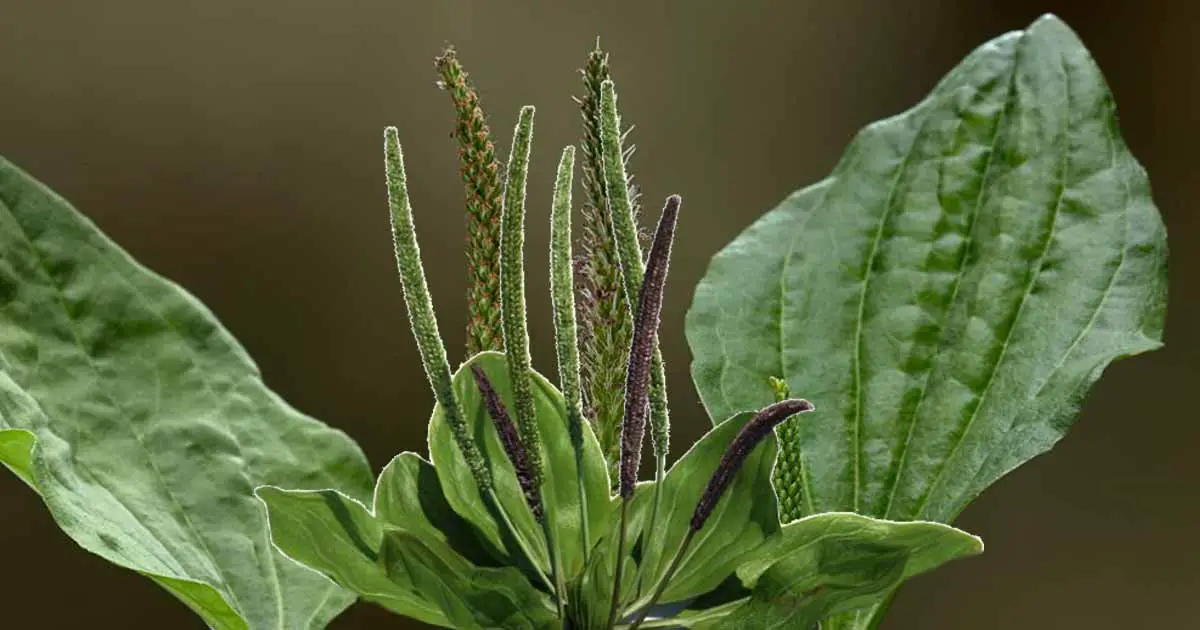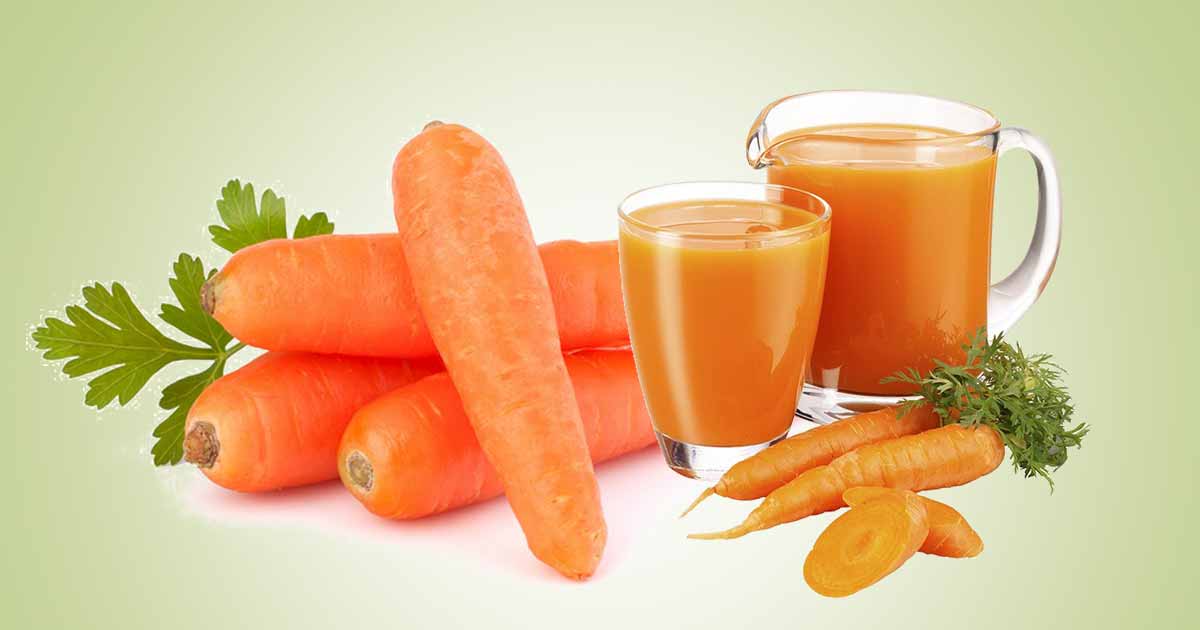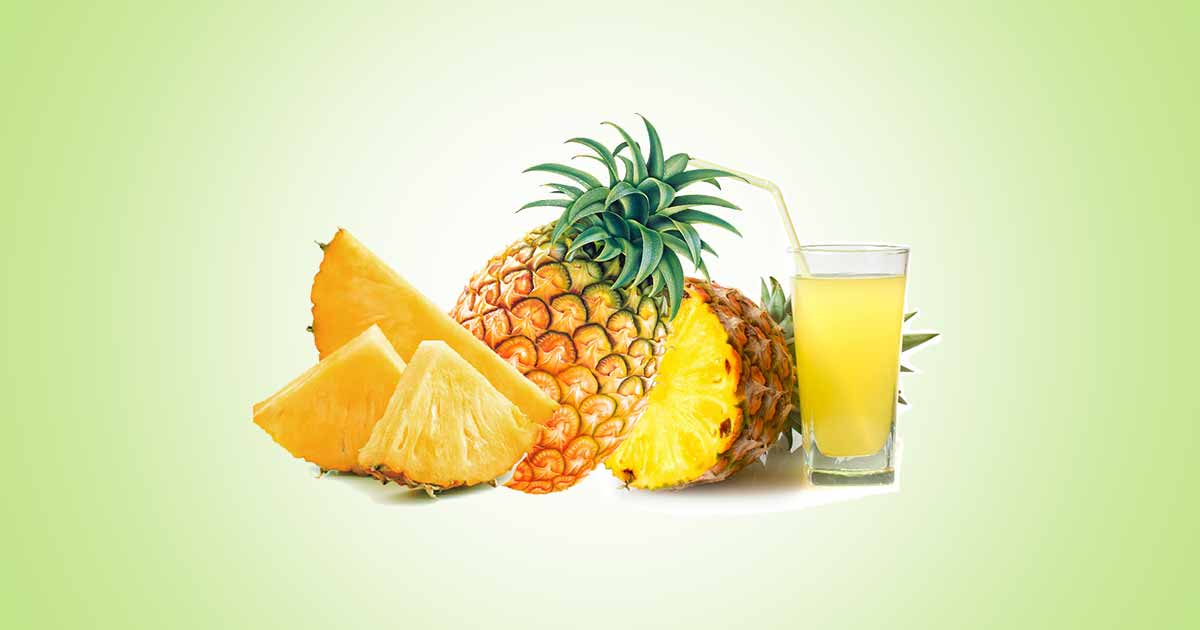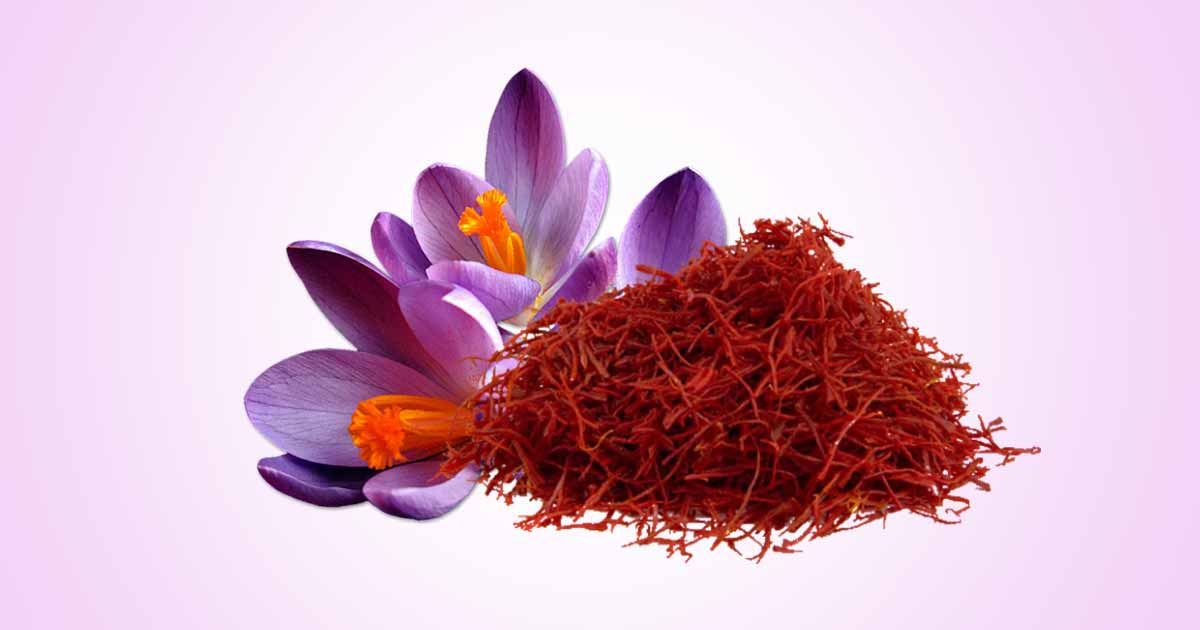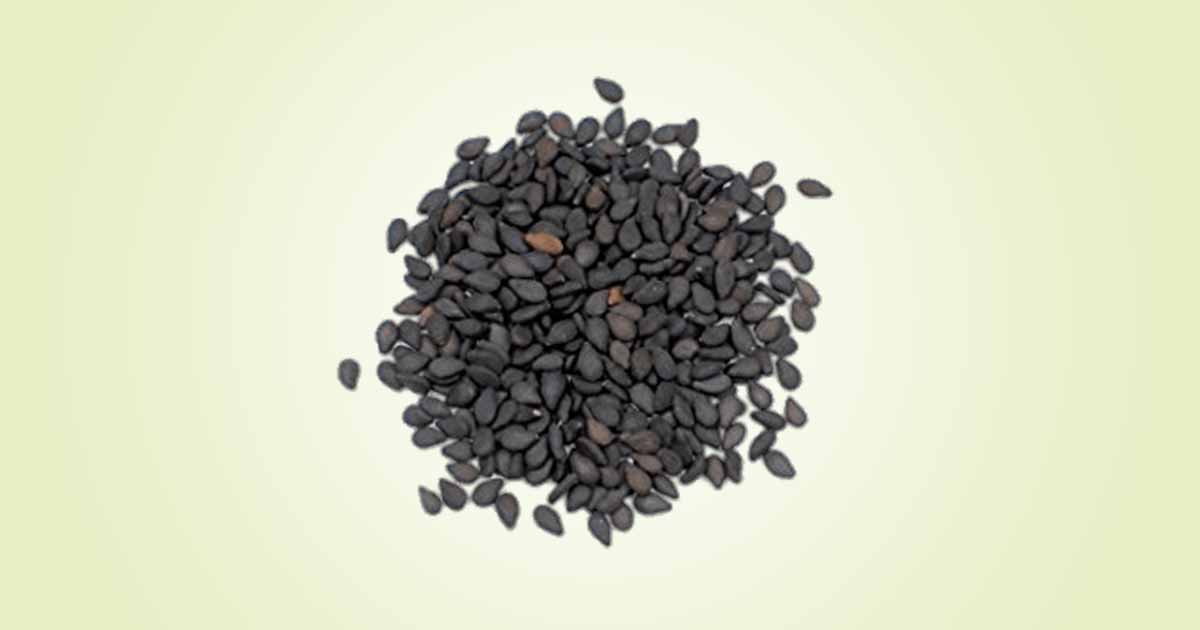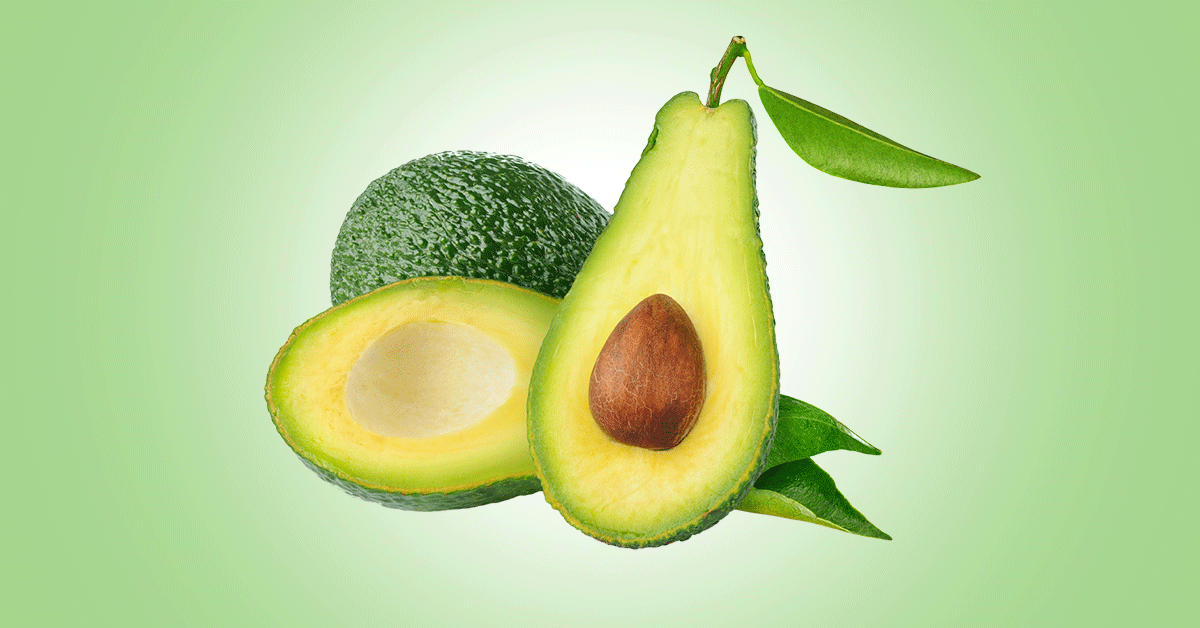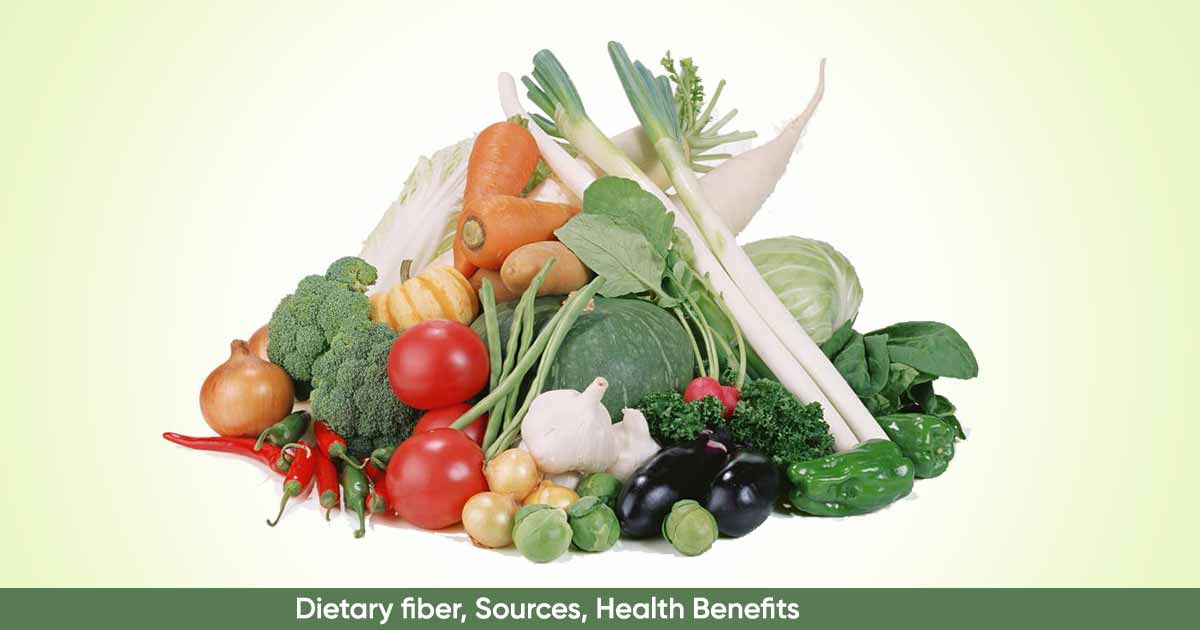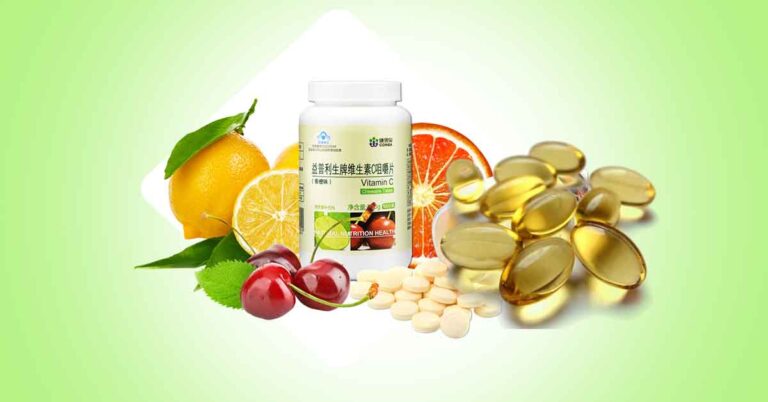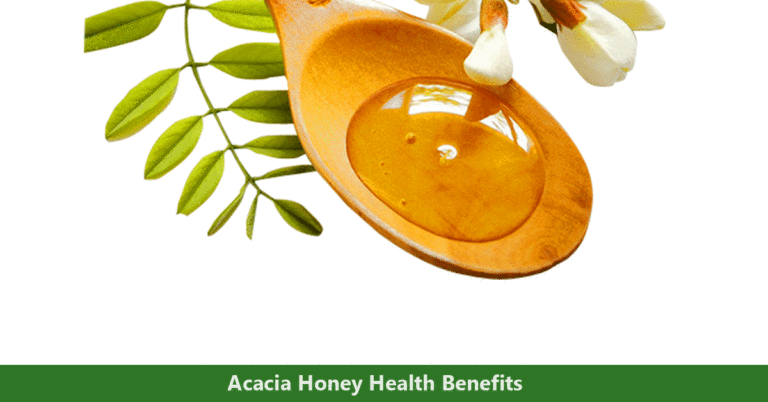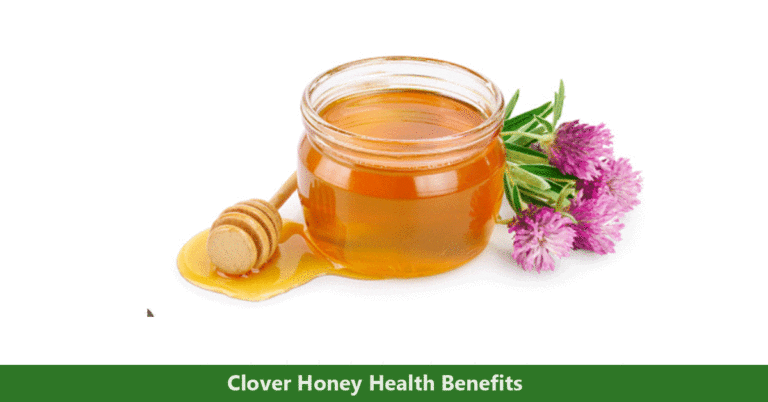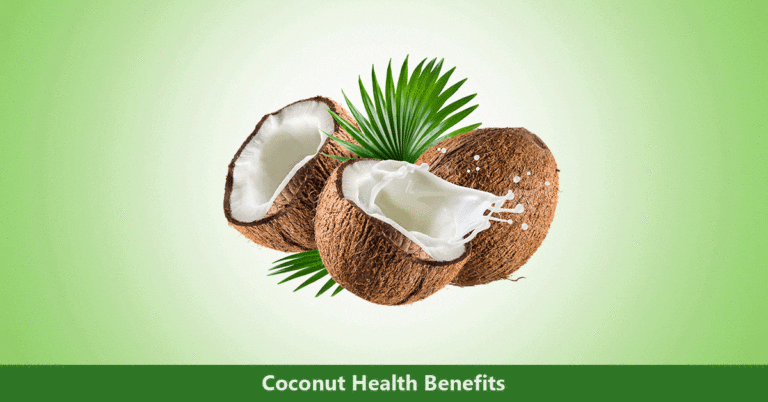Broadleaf plantain (Plantago major), also called “common plantain”, “greater plantain” and dooryard plantain, is a perennial and herbaceous broadleaf plant, that can be annual or biennial. The plantain family (family Plantaginacea) member basal rosettes of leaves and leafless spikes of inconspicuous flowers. Broadleaf plantain should not be confused with plantain, a different plant similar to bananas.
Broadleaf plantain are common weed that grows in gardens, orchards, urban sites, footpaths, roadsides, and other disturbed locations. It is common in mid-Canada to Florida, Asia, Europe, North Africa, North America, and South America.
The leaves are green, hairy or short-haired, broadly lance to egg shaped. The leaves spiral on a short woody stem. The first few leaves are football shaped. Roots are fibrous and shallow.
The fruits are egg-shaped capsules, which when it opens horizontally releases five to sixteen seeds per capsule. Flowers are long-pointed, green, petite, and grows from the base. It has small pods that contain seeds. The seeds are tiny, long, oval, to irregularly angled, or triangular. It is orange, or black colored and finely textured.
The whole plant is edible. The young leaves can be eaten raw or cooked. Dried leaves are used for herbal teas. The leaves can be blanched and used for sauté, soup, or stew. The seeds can be sprinkled on salads, or used to flavor stews, soups, and sauces.
The difference between broadleaf plantain and buckhorn plantain (Plantago lanceolata) is that broadleaf plantain has broader leaf and longer flower head spikes.
Broadleaf plantain is used to manage chronic diarrhea, digestive tract disorders, while the leaves can be used to treat minor burns, insect bites or open wounds.
It has anti-inflammatory, antioxidant, antibacterial, astringent, antihemorrhagic, wound healing, antiulcerogenic, and anticarcinogenic activities.
Broadleaf Plantain Tea: This can be made with an infusion of 3 to 4 g of the broadleaf plantain leaves in 240 ml of water.
Constituents
Broadleaf plantain leaves, stems, and flowers contains flavonoids (plantamajoside, baicalein, hispidulin), tannins, an iridoid chromogenic glycoside called aucubin, catalpol, acteroside, allantoin, hispidulin, ursolic acid and oleanolic acid, mucilage, pectin, salicylic acid. The mineral content includes calcium, potassium and zinc, while vitamin A, C, K are present.
Health Benefits of Broadleaf Plantain
Antibacterial activity: Broadleaf plantain has antibacterial activity against microorganisms such as Staphylococcus aureus, Lactobacillus acidophilus, Helicobacter pylori, Streptococcus mutans, Actinomyces viscosus, Prevotella melaninogenicus and Fusobacterium nucleatum.
Dental health: Plantago major has antibacterial activity against Porphyromonas gingivalis and Fusobacterium nucleatum, bacteria that are implicated in periodontal disease – an inflammatory and infectious disease. Periodontitis cause tooth loss in adults.
Use in respiratory disorders: Broadleaf plantain and honey can be combined for use in conditions such as cough, bronchitis, and asthma. The action is similar to theophylline, a compound used in asthma and obstructive pulmonary disease.
Broadleaf plantain has expectorant effect, and relieves inflammation, and helps remove bronchial mucus. It is also used in lung infections, pneumonia, colds, sore throat, flu, laryngitis, pharyngitis, allergic bronchitis.
Antidiabetic effect: The plant contains flavonoids, sterols and tannins, constituents that may lower sugar levels in the serum, and reduces the chances of developing type-2 diabetes.
Antioxidant properties: The plant contains flavonoids such as luteolin, apigenin, hispidulin and baikalein. These compounds are antioxidants, and prevent formation of free radicals that cause damage to the DNA, and cause diseases such as cancer, cardiovascular diseases.
Anti-inflammatory activity: Plantago major contain anti-inflammatory compounds such as flavonoids, terpenoids, pectin, iridoid glycosides, and tannins. It decreased the levels of proinflammatory cytokines such as IL-1, IL-6, and TNF-α. This could be due to production of local tissue glucocorticoid.
Promotes wound healing: It contains polyphenols, polysaccharides, and antioxidants that promote wound healing. Plantain poultices are used in skin disorders, blisters, rashes, burns, swelling, sprains, eczema, boils and cracked lips. Poultice of the leaves reduce pain and swelling after insect bite.
Anticancer effect: Broadleaf plantain may prevent cancer forms such as breast, skin, ovaries, esophagus, cervix, and colon cancers. It also improves the function of lymphocytes and macrophages in fighting against infections and tumors.
Gastroprotective effect: The plant prevents inflammatory bowel disease, diarrhea, protect against ulcer in the stomach and duodenum, gastritis. It also has a laxative effect.
Skin disorders: It can be used to manage skin disorders such as eczema, rashes, skin irritations, and inflammation.
Side Effects
Though broadleaf plantain is safe, it can cause allergic reaction in some people. It can cause vomiting, nausea, bloating, diarrhea, anorexia, hypersensitivity, or dermatitis. Overdose may cause anaphylaxis.
Use with caution in pregnant, breastfeeding women, and also people with heart disease, bowel obstruction.
References
- https://ipm.ucanr.edu/PMG/WEEDS/broadleaf_plantain.html
- https://www.scielo.br/j/pboci/a/Z3JdmH9bbtrN66LQmV4mrwM/?format=pdf&lang=en
- https://www.ncbi.nlm.nih.gov/pmc/articles/PMC4537734/
- https://www.ediblewildfood.com/broadleaf-plantain.aspx
- https://herbasvet.com/en/medicinal-plants/broadleaf-plantain-plantago-major/

